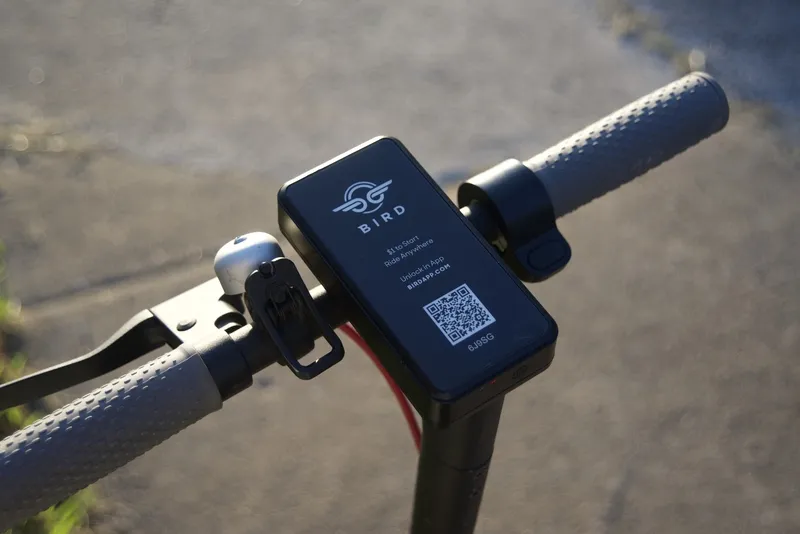Automaker
The planned new company will have its headquarters in Gothenburg, Sweden, and an initial workforce taken from both companies of around 200, increasing to more than 600 in the medium term. The company is expected to start operations in the beginning of 2017.
The joint venture will create a new entrant in the growing global market for autonomous driving software systems. It marks the first time a leading premium car maker has joined forces with a tier-one supplier to develop new ADAS and AD technologies.
The new company, which has yet to be named, will develop advanced driver-assistance systems (ADAS) and autonomous drive (AD) systems for use in Volvo cars and for sale exclusively by Autoliv to all car makers globally, with revenues shared by both companies.
The joint venture will bring together two global leaders in automotive safety, underlining the contribution ADAS and AD can make to road safety, and speeding up the development and introduction of fully autonomous cars.
Both Autoliv and Volvo Cars will licence and transfer the intellectual property for their ADAS systems to the joint venture. From this base, the company will develop new ADAS technologies and AD systems. It expects to have its first ADAS products available for sale by 2019, with AD technologies available by 2021.
Volvo Cars and Autoliv JV to develop autonomous driving software
Automaker Volvo Cars and automotive safety systems supplier Autoliv are to set up a new jointly owned company to develop next-generation autonomous driving software. The planned new company will have its headquarters in Gothenburg, Sweden, and an initial workforce taken from both companies of around 200, increasing to more than 600 in the medium term. The company is expected to start operations in the beginning of 2017.
September 8, 2016
Read time: 2 mins









